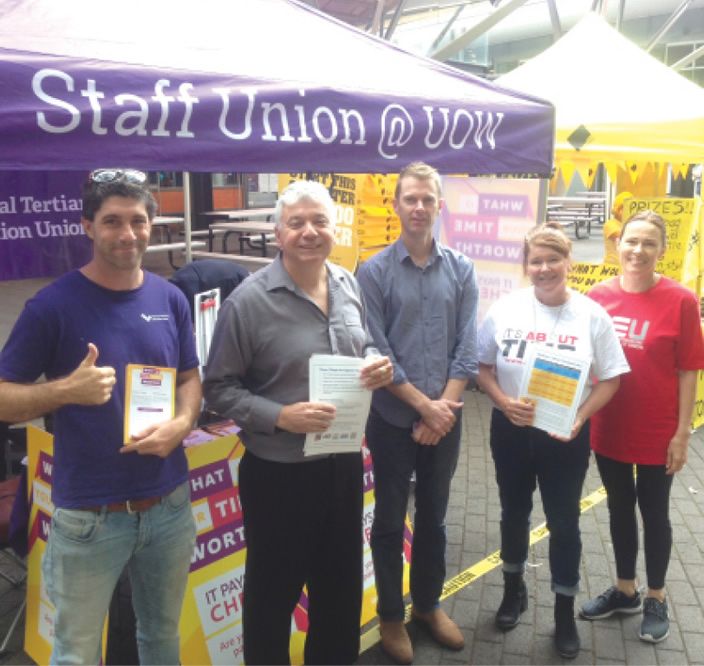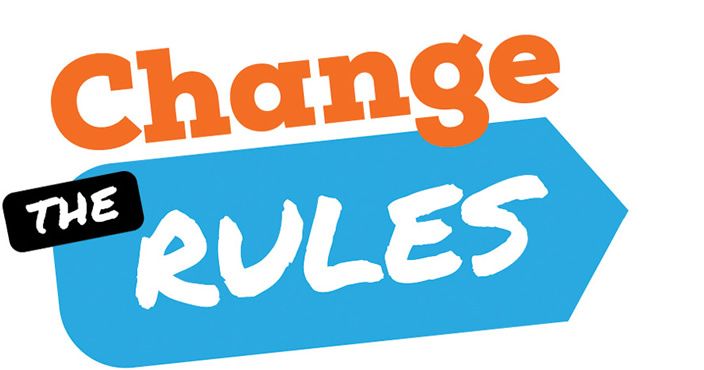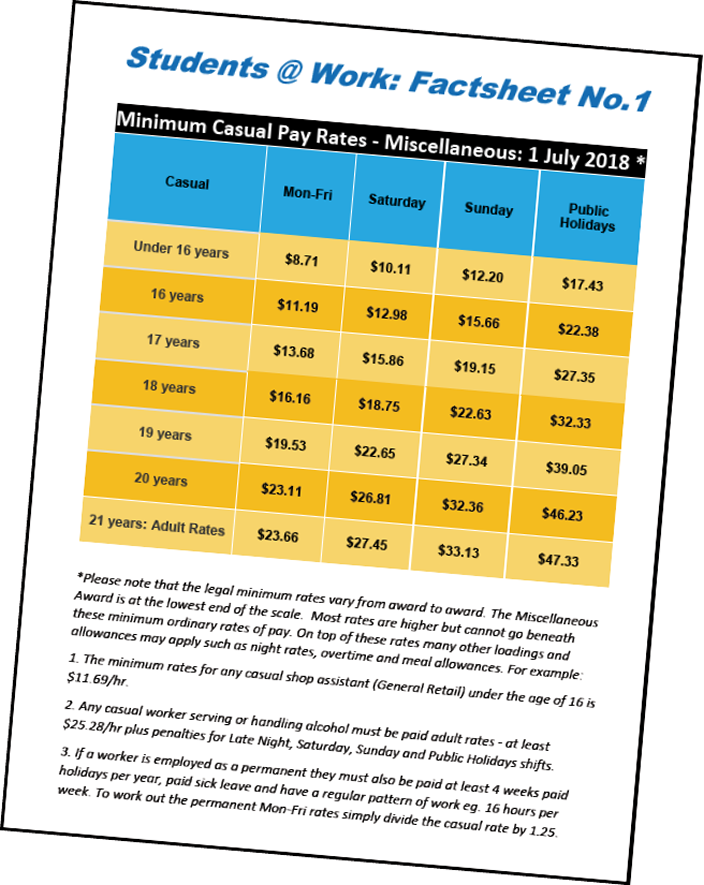
A principal acting as a go between for an employer seeking a trainee and a student wanting work seems innocent enough. But what if that employer exploits the student with underpayment, no payslips or no payment at all? What is the duty of care?
This is just one of a wide variety of issues raised by the extensive Students@Work project undertaken by the South Coast Labour Council (SCLC).
The campaign started thanks to the heroic efforts of University of Wollongong student Ashleigh Mounser.
After months of exploitation and underpayment by cafes in Wollongong, Mounser used social media to survey other students and discovered that 60 local outlets, (nearly every business on the main street of Wollongong) were exploiting their student workers. Ashleigh collected enough information to create a database of employers and employees and information about the levels of underpayments.
Typical employer behaviours included cash in hand payments, unpaid ‘trials’, below minimum wage payments, not providing payslips, not providing penalty rates and sacking or giving less shifts to students for speaking out. In Wollongong the average worker, aged 21, was getting paid $10 an hour. The correct minimum rate is $22.86 per hour.









































































































































